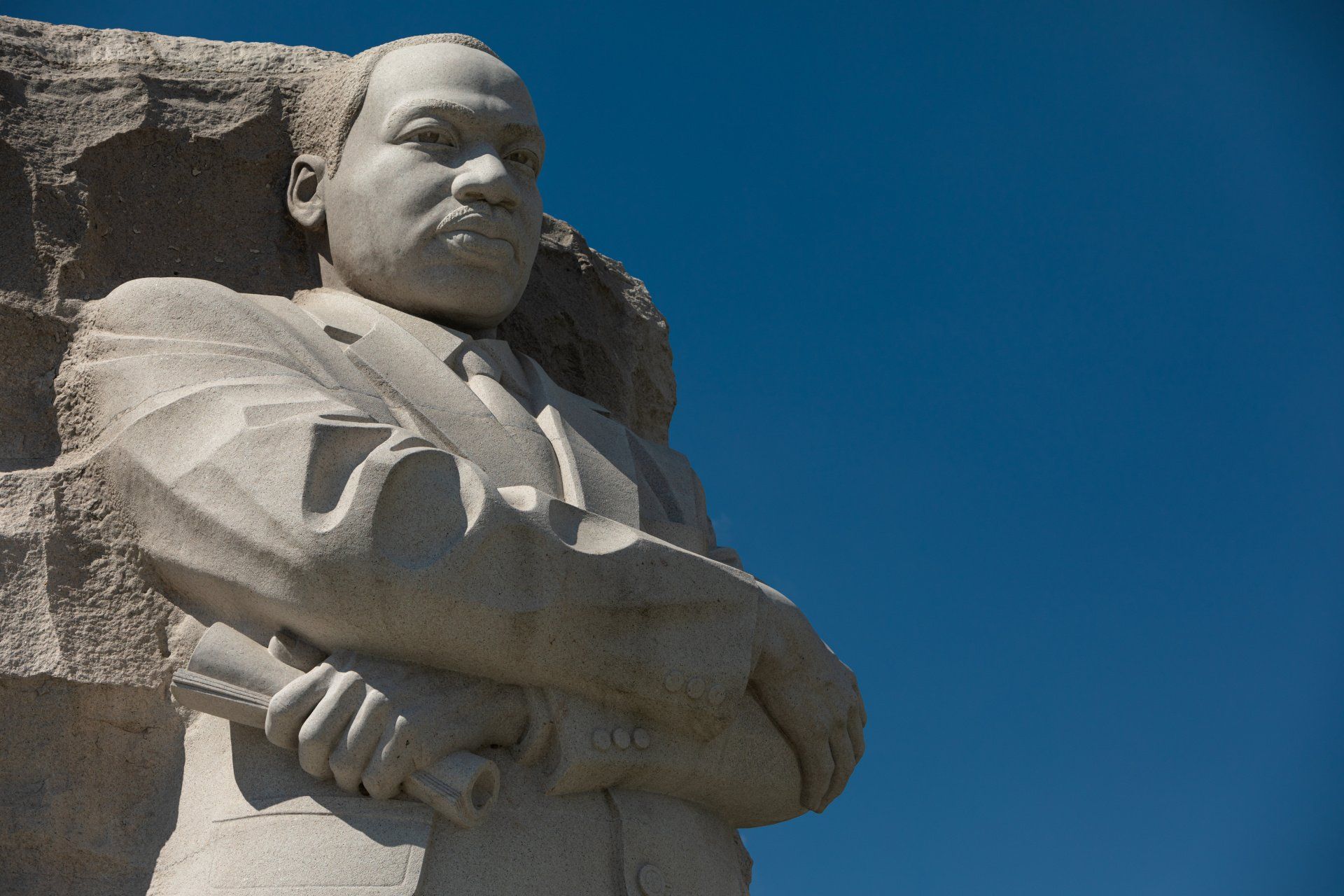First Things First

“The buck stops here” is a promise that responsibility will not be passed on to anyone else. It is a phrase most commonly attributed to former President Harry S. Truman (1945-1953). It was his statement that he accepted personal responsibility for the way the country was governed.
History, however, indicates that the phrase was the mantra for Colonel A.B. Warfield, Commandant of the Lathrop Holding &
Reconsignment depot at Stockton, CA. The Phrase Finder at states that an October 1942 story in the Reno Evening Gazette about the Colonel shows a picture of him at his desk with the sign prominently displayed for all who entered his office to see.
Title, position and opportunity do not mitigate the relevance of history. The executive Power vested in the office of the President of the United States is delineated in Article II, Section 1 of the US Constitution. It lays out how long a President is to serve, who has final authority to elect a President, the minimum qualifications to hold office and how that person can be removed from office other than by way of term limits.
The authority vested in the office is found in Article II, Section 2. The exclusive authority of the President includes being the Commander in Chief of the Army and Navy, and of the Militia of the several States, the purveyor of reprieves and pardons against the United States. The President can by and with the advice and consent of the Senate make treaties, appoint ambassadors, ministers and consuls, judges to the Supreme Court and all other appointments established by law.
Governors on the other hand, and particularly in North Carolina, have a broader scope of authority. Article III, Section 1 states that the executive power of the State shall be vested in the Governor. That executive power includes preparing and recommending a balanced budget to the General Assembly, administering the balanced budget approved by the General Assembly, faithful execution of laws, serving as Commander and Chief of state military forces, and granting reprieves, commutations and pardons. But it is Section 10 of the Article that strikes a distinctive chord. It states:
(10) Administrative reorganization. The General Assembly shall prescribe the functions, powers, and duties of the
administrative departments and agencies of the State and may alter them from time to time, but the Governor may
make such changes in the allocation of offices and agencies and in the allocation of those functions, powers, and
duties as he considers necessary for efficient administration. If those changes affect existing law, they shall be set
forth in executive orders, which shall be submitted to the General Assembly not later than the sixtieth calendar day
of its session, and shall become effective and shall have the force of law upon adjournment sine die of the session,
unless specifically disapproved by resolution of either house of the General Assembly or specifically modified by
joint resolution of both houses of the General Assembly.
The debate over the right of states to enact laws and policies separate from the Federal government is as old as the nation itself. There was a time in the 19th century that this country was embroiled in a bloody dispute over the rights of states versus the greater national order. And it seems at times that that struggle continues. Our current competing political ideologies pit national well being with the support of government at odds with individualism and personal prosperity absent government involvement. We can see those differences played out on a state by state basis through policies and laws.
However, during this time of a global pandemic the very fabric of our society at peril. Some believe we are more a villain than a victim. Science has yet to understand the fundamental characteristics of the novel coronavirus. As such, we are all susceptible to exposure and harm. Unless and until a proven method of control or cure for the virus is secured, we must do the next best thing. Governors and mayors around the country have endorsed the scientific plea to practice social distancing. It is the simplest thing we can all do to help retard the spread. However, people being who they are at times need guidance. Governors have the authority and obligation to give that guidance. The President does not have the authority to override state and local orders. Their words are merely advisory. Ironically, this is a time when the States’ Rights argument is the strongest argument for protecting the public. We need to allow our elected leadership to manage this dilemma and coordinate with the medical research community to fully understand the virus at hand and craft a medical solution. It takes data and patience. The scientific method is not predicated upon market forces. What we are experiencing is foremost a health crisis. The economic distress we are having is collateral damage.
However, the irony in the pot thickens. This is certainly the time for national leadership to join forces with state leadership to coordinate a strategy to rescue the entire country from the clutches of the pandemic. We are not experiencing a national response strategy based upon human welfare. That focus seems to be on market viability. The novel coronavirus will not stop spreading to allow people to go back to work. The virus has no concern for your bills or your profits. We need a national strategy that will get us through that which we can control. Having to create economic support mechanisms to help people endure is a limited response while the research community figures out who to control or stop the life cycle of the coronavirus.
So, as you ponder where the buck stops, keep in mind that our Governors carry the weight of our communities on their shoulders. Keep in mind that while states have the ability to implement basic policies to protect their own, we are a nation of states that at certain times need to collectively plan and implement processes and policies to protect our national fabric.
This certainly is one of those times. Unsubstantiated claims of authority only create confusion and anxiety. One must recognize and understand their true position and authority and seek to exercise it cooperatively to be most effective. Please keep that in mind as the election season draws near.
Thoughts from Henry Lancaster II

